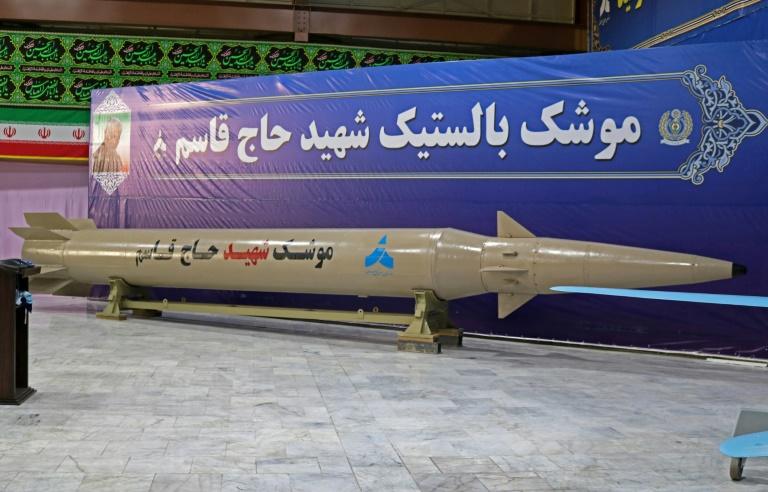World Cup 2022: Hosts Qatar out as gulf proves too big
After bringing the World Cup to the Gulf for the first time, the gulf on the pitch proved too big for Qatar, whose exit from their own tournament was sealed on Friday. But coach Felix Sanchez hopes it's just the start.
With the clock running down, the Qatari fans began their slow walk out of Al Thumama Stadium as their team fell 3-1 further behind to Senegal, on course for a second straight defeat which all but eliminated them from their own tournament.
It had become a familiar sight at this World Cup. Unlike the passion that accompanied the singing of their national anthem, there was no final cry to rouse the players. Rather, the acceptance that Qatar are only playing at this level because they won the hosting rights.
Technically, it wasn't quite over; an unlikely victory over the Netherlands by a high enough score combined with other results could still theoretically have seen them qualify – but even that purely mathematical hope was dashed hours later when a 1-1 draw between the Dutch and Ecuador put qualification definitely out of Qatar's reach.
While the Maroons tried to force their way back into the game against the Senegalese, the remaining Qataris already sensed that, watching on emotionlessly and seemingly content to have simply witnessed the World Cup at close quarters.
Sanchez: 'We're not at the same level'
"We are aware of how tough this competition is," admitted Spanish head coach Felix Sanchez. "We wanted to go far but we have limited resources. We haven't played at the same level as the other teams."
Many might dispute the "limited resources" claim. This is, after all, a country which spent an estimated $220 billion preparing for this tournament. Not just on physical infrastructure, but on building a national team from scratch, too.
Qatar's legendary investments in its football infrastructure through the Aspire Academy has become a case study for many countries looking to grow the sport; Qatar's 26-man squad featured players from eight different foreign nations, and the team won the 2019 Asian Cup.
The vast majority play for Qatari champions Al-Sadd and last season's runners-up Al-Duhail, but any hope that familiarity from club level would help overcome technical deficiencies proved unfounded.
It takes more than money to build a national football culture, and there will be no sense of national anger at the team's early exit.
"We wanted to host a good competition," said Sanchez, revealing the extent of his team's ambitions. "And I think we've met those expectations."
What next for Qatar's football?
Things could yet get worse for Qatar in their final game, with the Netherlands still in need of a point to progress, and likely three to win the group.
But for Sanchez, who has been building the country's football from the youth level to the senior team for almost a decade, the end of the World Cup does not mean the end of football in Qatar. He believes that the investments will pay off.
"This country has a long-term goal," he insisted. "The World Cup will finish but football will continue here. We will gain more experience and be able to play more competitions like this. It is our first World Cup. If we could take part again it would be great."
Qatar's progress in football would be judged on their ability to defend their Asian title and qualify for the next World Cup. Anything other than that would be lowering the bar on their already low expectations.
Until then, attention turns to the teams that are here for business. Qatar's World Cup won't be dampened by the early exit of the hosts. The show will go on.
26 Nov 2022,11:23















 Live Tv
Live Tv


